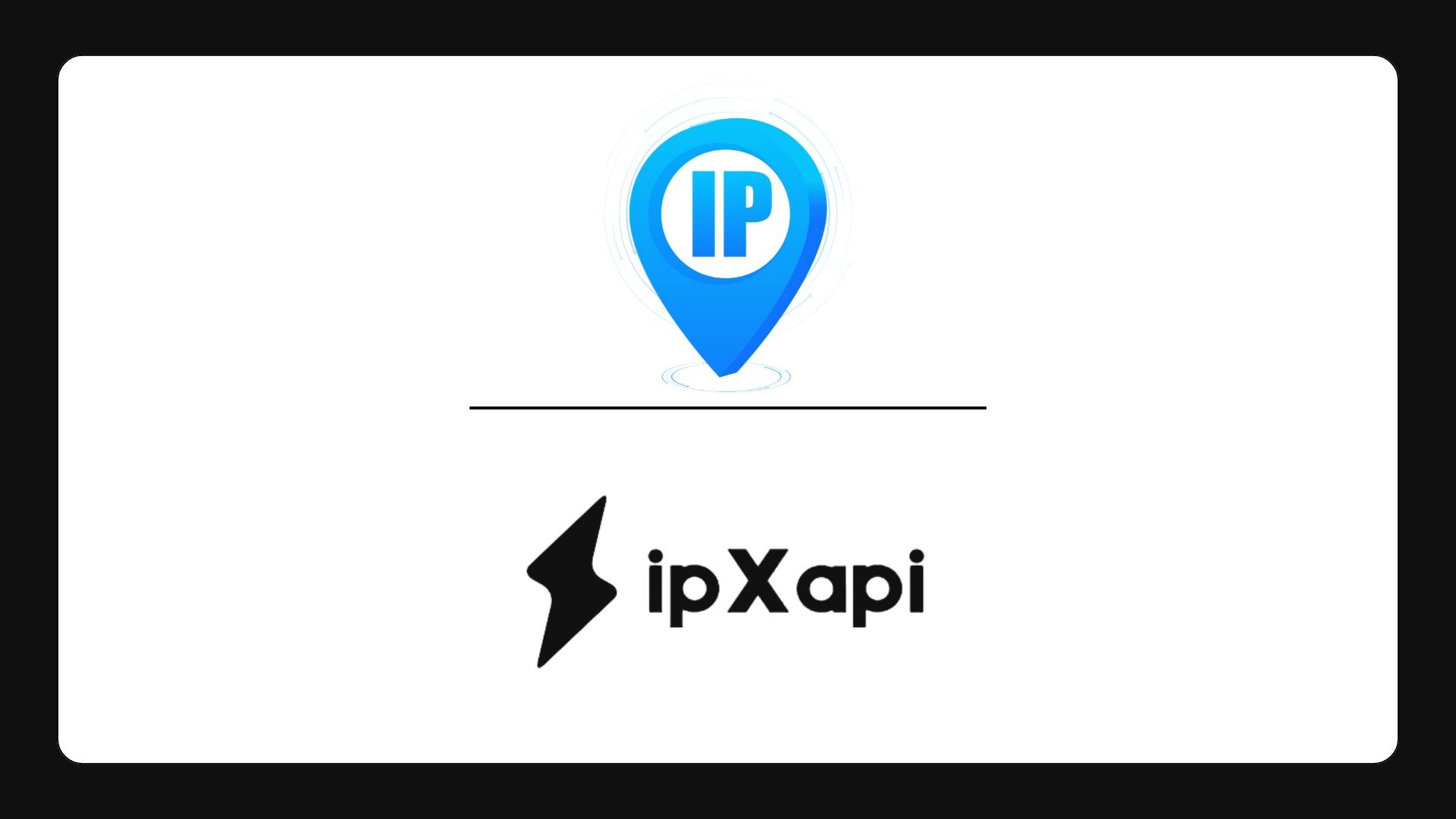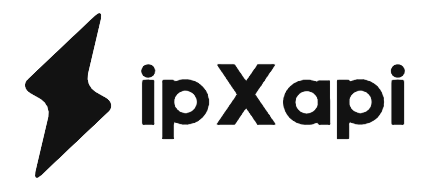Proxy Checker API To Prevent Proxy Abuse

It is now more important than ever to safeguard your online assets in the ever changing digital world. Being one step ahead of these dangers is essential, as they might range from sophisticated fraudsters hiding behind numerous layers of anonymity to malevolent actors trying to circumvent security measures. The Proxy Checker API, often known as ipXapi, is one tool that is essential to this protection.
ipXapi: Key Functions
The foundation of ipXapi’s success lies in its API’s vast data coverage and precision. By leveraging detailed and frequently updated IP data, ipXapi ensures that businesses have access to the most accurate information about any given IP address. This high level of accuracy is vital in differentiating legitimate users from bad actors. For example, while a legitimate customer might connect through a mobile network, a fraudster could be hiding behind a high-risk proxy in an attempt to disguise their location and intentions. The Proxy Checker API helps businesses identify these risks and make informed decisions on how to handle them.
Moreover, it doesn’t just stop at identifying proxies—it categorizes them. By differentiating between residential proxies, data center proxies, and other anonymous proxies, it enables a more granular understanding of the potential risk posed by each IP. This categorization is especially useful in industries like cybersecurity, where the ability to identify the exact nature of a proxy can provide valuable insights into an attacker’s methods and goals.
Another key aspect of ipXapi’s offering is its robust and scalable API infrastructure. Whether a small business handling a modest number of requests or a large enterprise dealing with millions of queries per day, its API is designed to scale seamlessly. This ensures that as your business grows, your security measures can grow with it. The API’s reliability, combined with its speed and efficiency, makes it an indispensable tool for businesses that require instant detection of suspicious IP addresses without compromising performance.
In essence, ipXapi offers businesses a powerful Proxy Checker API solution that provides real-time insights into IP addresses and potential threats. By combining comprehensive IP data with advanced proxy detection capabilities, it ensures that organizations can protect themselves against the ever-evolving tactics of fraudsters, cybercriminals, and other bad actors. Whether you’re running an e-commerce platform, a financial institution, or a digital marketing agency, integrating it into your security infrastructure can greatly enhance your ability to detect and mitigate proxy-related risks.
Advanced Proxy Detection
At the heart of ipXapi’s Proxy Checker API is its advanced proxy detection capabilities. Unlike many other solutions, it goes beyond simple IP lookups to provide a detailed analysis of each IP address. This includes identifying not just standard proxies but also sophisticated methods of obfuscation like mobile proxies, VPNs, and even more advanced techniques such as rotating IP proxies.
In today’s landscape, fraudsters are continuously evolving their methods to stay under the radar. While traditional proxies may be easily flagged, more advanced tools like rotating proxies—where a new IP address is used for each request—can be much harder to detect. This is where ipXapi’s deep data analytics come into play. By cross-referencing an IP’s behavior with its extensive database of IP activity, it can detect suspicious patterns and alert users to potential threats. This ensures that businesses remain protected against even the most sophisticated proxy-based attacks.
In addition to its proxy detection capabilities, this API integrates accurate geolocation data into its API. This means that not only can you detect whether an IP is using a proxy, but you can also determine the geographical location of that IP. This feature is particularly valuable in preventing fraud, as businesses can cross-check the location of an IP address against a user’s claimed location. If a user claims to be logging in from the U.S., but the IP address is flagged as being associated with a data center in Eastern Europe, that’s a clear red flag.


